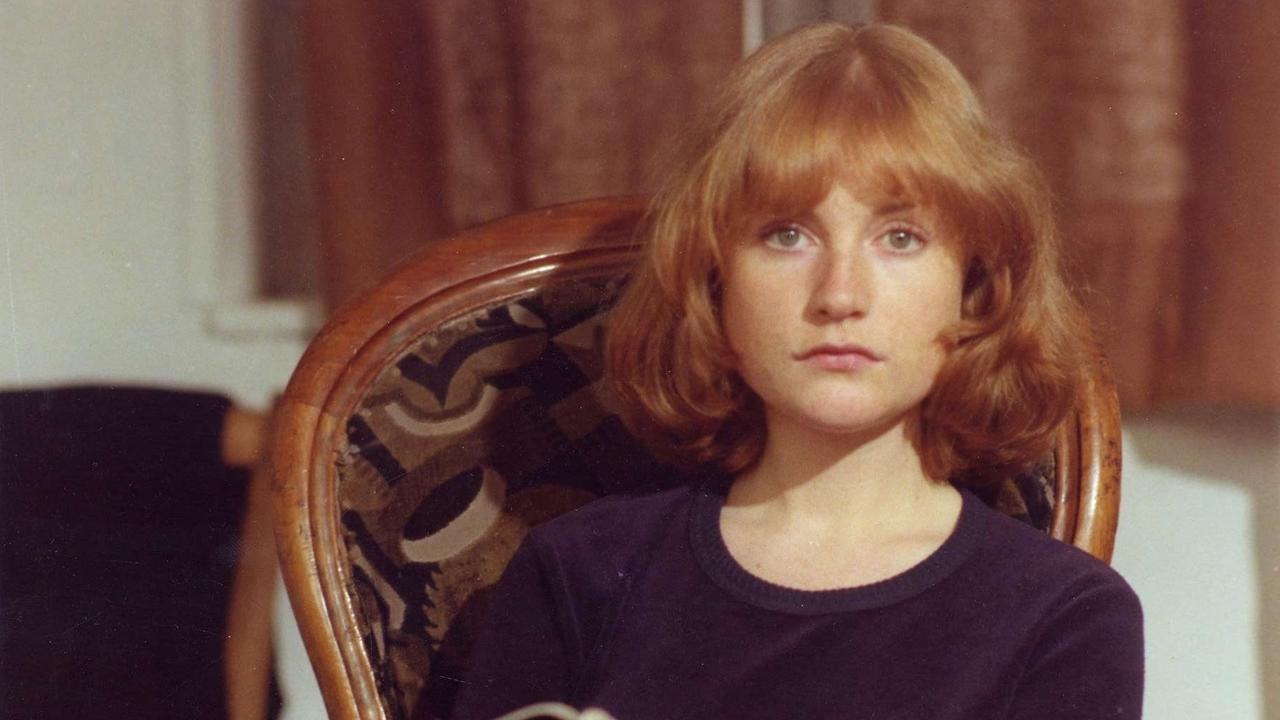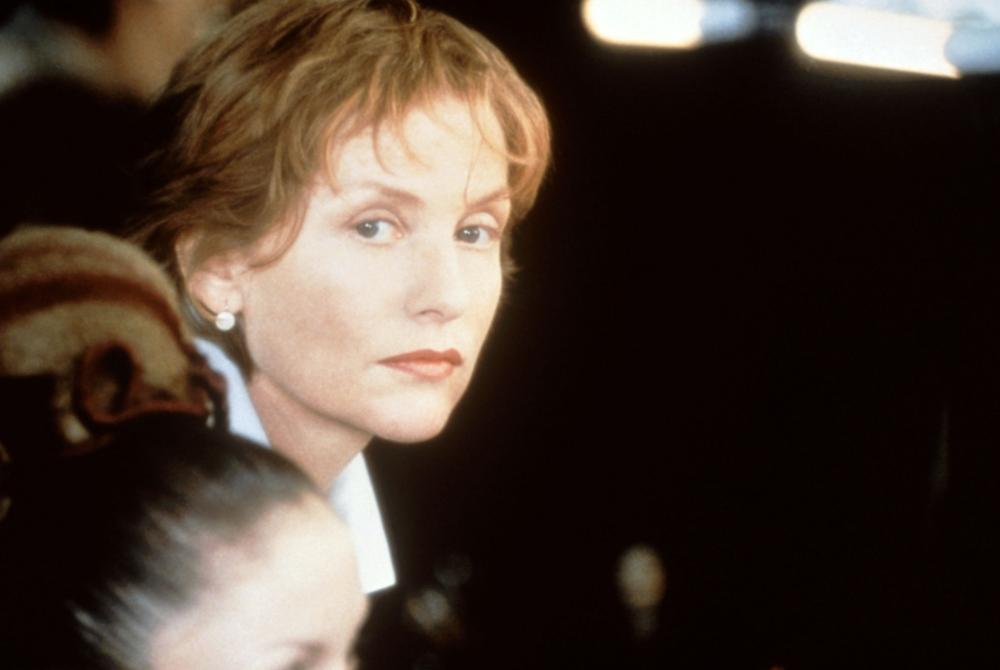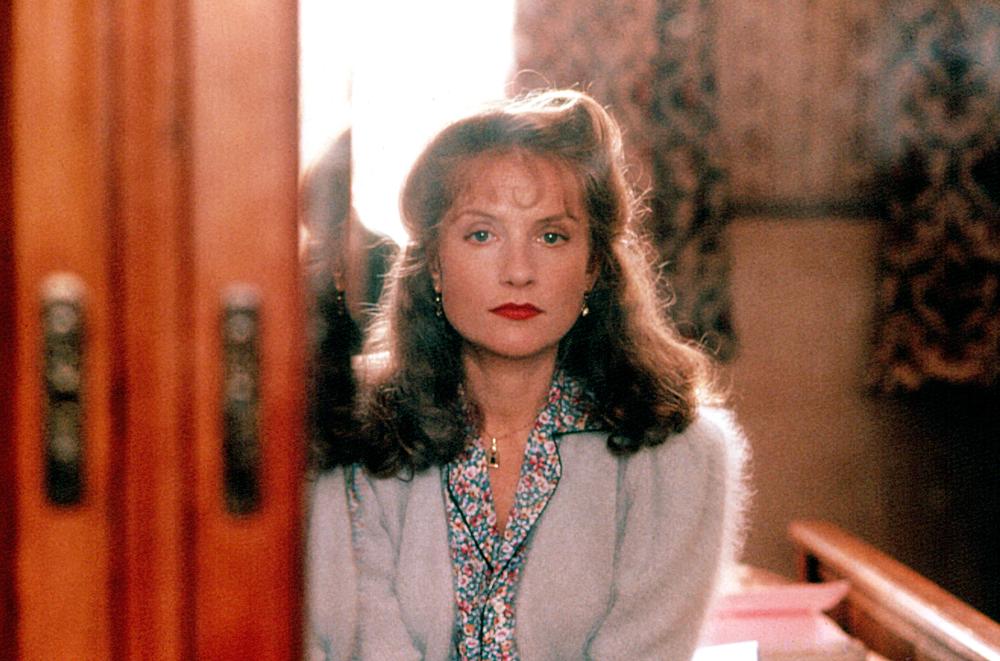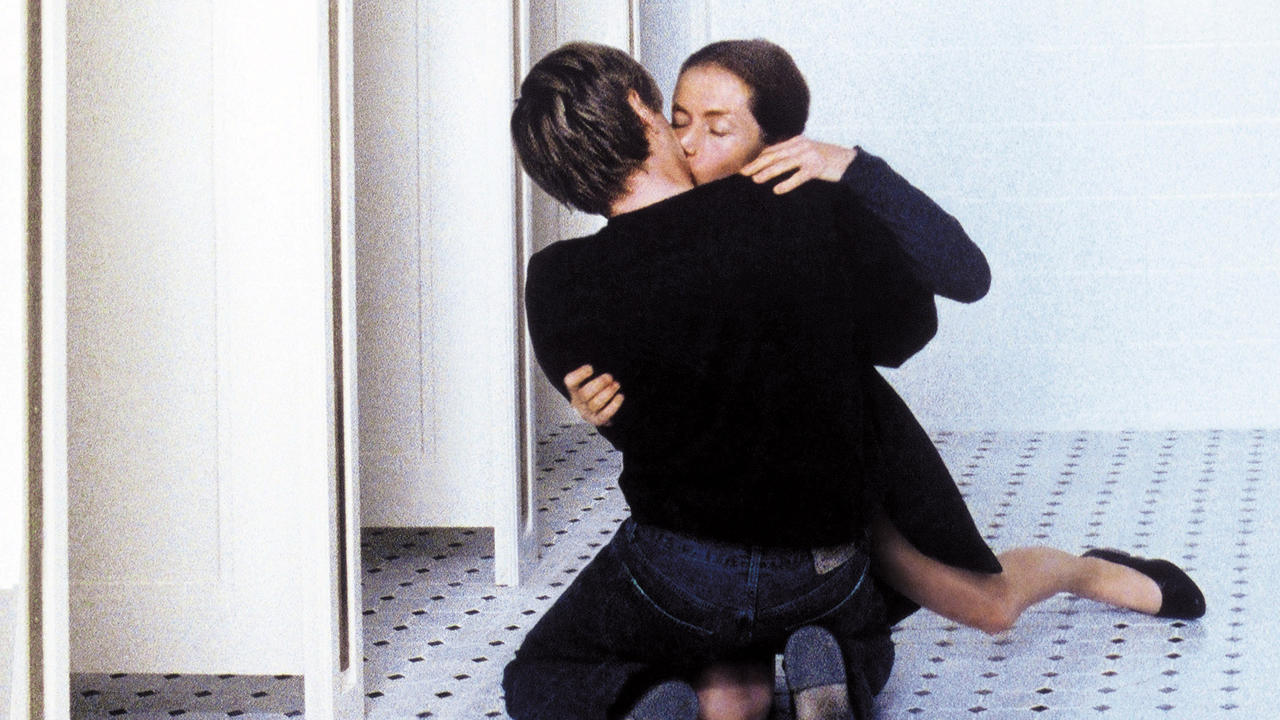5. The Lacemaker (1977, Claude Goretta)

Huppert won a BAFTA for this performance, getting international recognition. She plays Pomme, a beautician who falls deeply in love while on holiday at a coastal resort. Despite her job, she herself hates wearing makeup (it makes her skin “stiff”). She doesn’t decorate herself in any way, even though her feelings are quite withdrawn and under wraps.
François, lanky and bookish, is the lover—they share many awkwardly silent scenes of adoration. It’s a Cinderella-esque story of true love until François demands more. She’s satisfied with their life, but he wants her to become more than just working-class. When he talks about her job, Huppert lowers her eyes, shamed that she’s not enough for him.
Huppert’s performance is sublimely rendered. She’s timid but not without a body of emotion, which is eventually utterly broken. The film doesn’t dwell on her eventual psychosis, but Huppert, in her later scenes, brings such authentic sadness behind her quiet, ghostly eyes.
The film ends with a title card saying her type would’ve been the subject of a painting at an earlier time. She’s a woman out of place, in need of delicate hands at a time when everybody’s hands are too busy pushing forward their own idealized version of romance.
4. The School of Flesh (1998, Benoît Jacquot)

Dominique (Isabelle Huppert) is a well-to-do fashion executive who goes to a risqué club one night and becomes obsessed with a young male hustler. There’s one cut in the film that is very telling: we see Dominique, in her bedroom, sliding a sheet off her bare back, then we cut to the inside of a tailor shop, to the back of the hustler, who’s lifting a suit over his shoulders. She’s uncovered, becoming more emotionally vulnerable, while her “lover” is using her money to treat himself and ultimately betray her.
Huppert plays Dominique with soft eyes and a mercurial mood. She often looks exhausted, emotionally drained, sometimes angered towards the young hustler, who doesn’t share in her affection. Most of her performance is showcased in a medium-close-up. We’re able to see all the subtle shifting gears behind her eyes (lust, obsession, sadness, humiliation, betrayal).
3. La Cérémonie (1995, Claude Chabrol)

An upper-class family warns their meek maid (Sandrine Bonnaire) about the local mail lady, Jeanne (Isabelle Huppert). They become friends regardless. Huppert plays Jeanne as kooky, comic, and rebellious. We gradually find out more cryptic background on her character, which gives her spirited attitude a darker edge. She’s either heartbroken or heartless. She portrays a character with so many contradictory traits without ever making it feel false.
Huppert performs the role cunningly. Jeanne is energized like a child, but she’s smart enough to know how to win over the maid. She’s a little silly—when she enters the family’s home while they’re away, she touches everything. Huppert balances all of this next to the near-mute Bonnaire, both slowly exacting their revenge against the upper class. Chabrol’s trademark: clash of the classes.
In 2014, Huppert performed Jean Genet’s play The Maids with Cate Blanchett. The play was inspired, as was La Cérémonie, on the same true-story about the Papin sisters.
2. Story of Women (1988, Claude Chabrol)

In Nazi-occupied France, during WWII, a small provincial town is littered with young Germans, philandering around. Most husbands are away fighting or working in the war. Isabelle Huppert plays Marie, whose husband has just returned home. Surprisingly, she’s unenthused about his return. She stares him square in the eyes, telling him “I don’t love you anymore.” She’s cold, but honest. They have two children together. With them, she’s snug and heartfelt.
Due to the lonely wives around town, there’s a boom in unexpected pregnancies. Marie stumbles into becoming the town’s abortionist, even though it’s illegal. She performs them right in her kitchen. Many comment that she’s “not the type” who’d commit quote-unquote crimes. But Marie is determined to be more than just another housewife living in a crummy little apartment. She starts making money through her risky endeavors (which include renting her apartment to the local prostitutes).
Huppert alternates her demeanor slightly depending on who she’s with. But mostly, she’s moved by her own dreams of living happily, even if that means being a little selfish and a little felonious. Her greatest dream of all is to be a singer, and Huppert imbues such pure joy in her character when she sings or dances that you root for her, even though her morals aren’t always solid.
It’s a searing performance, where she never ingratiates or panders to the audience. Instead, she creates a fully fleshed out character that has all the complications of being human.
1. The Piano Teacher (2001, Michael Haneke)

Isabelle Huppert’s tour de force—force, the operative word. The Piano Teacher is an elegantly made film about the deranged endeavors of love.
Huppert plays a buttoned-up music instructor, Erika, who attracts the eyes of an unassuming man half her age. She still lives with her mother and there’s a danger that lurks behind her carefully placed gaze. She’s been sexually repressed for such a long time; her repression and self-hatred has slowly evolved into masochism and self-mutilation. Nobody said this film was an easy watch!
Huppert plays the role with fevered power. She relishes in the conquest of her young lover. This is uncharted fearless territory for any actress, much less the bravest of them all. She fully commits to Haneke’s vision. Huppert instills Erika with a deep and unsettled sadness. She’s shriveled by her scorn, and gradually undone by her own undoing.
Author Bio: Matthew Lagalante is a recent graduate, based in New York. He’s a freelance writer/filmmaker. Follow him on Twitter: @Cinemaquanon.